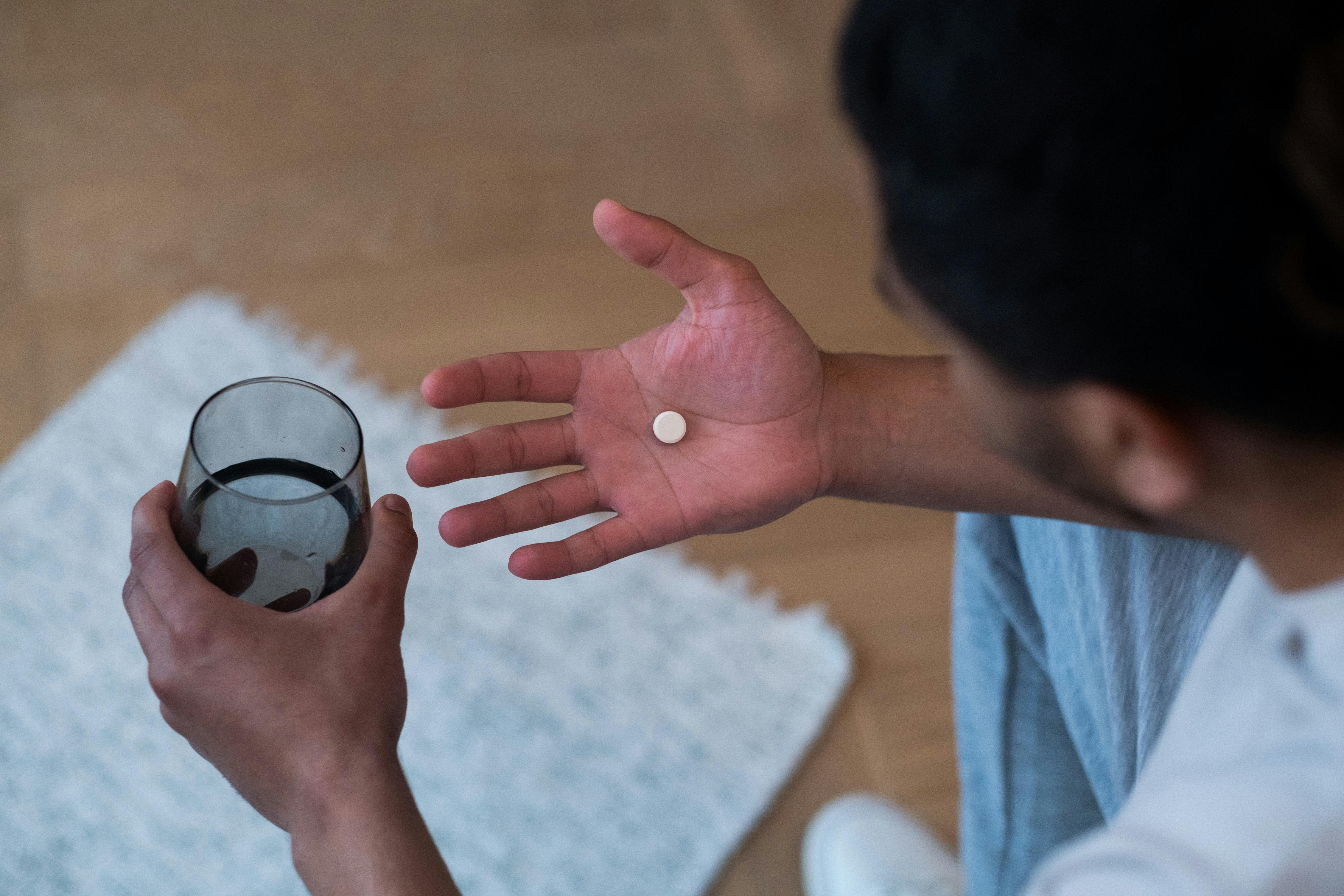
How to prevent or relieve migraines
If you have ever experienced a migraine, you are also aware of the disruption they cause in your daily activities. Besides pain to your head, a migraine can make you nauseous, sensitive to lights and sounds, and exhausted. Due to how long migraines can last, the onset of these symptoms might mean you will spend the whole day trying to relieve the pain. For most, this means cancelling your plans to take medication and rest in a dark, quiet room.
However, one of the best ways to prevent migraines and manage the symptoms is by keeping track of triggers. For a majority of people, there are usually some signs that appear before a migraine occurs which tells them that an attack is on its way. While everyone has different triggers, keeping track of these can reveal patterns that are helpful in deciding which preventative measures to utilize.
Identifying migraine causes
It might seem daunting to remember and track all of the possible migraine triggers, but they can be broken down to several categories: chemical or hormonal imbalances, dietary, physical factors, external factors, and medication. Let’s take a deeper look at these categories.
Chemical or hormonal - Many women can suffer from headaches with fluctuations of hormones such as estrogen. Common times for estrogen fluctuations are before or during menstrual periods, pregnancy, and menopause. Furthermore, hormonal medications like birth control can also trigger migraines. However, not all women experience the same symptoms from these medications.
Imbalances in brain chemicals can play a role in triggering migraines for people of all genders. Mental health issues such as mood disorders (stress, depression, anxiety) have been known to affect migraines, and sometimes are related to chemical imbalances. Researchers have been studying the role of Serotonin, which helps regulate pain in your nervous system, in migraines. Other neurotransmitters like calcitonin gene-related peptide (CGRP) as well as the trigeminal nerve are also being researched as possible triggers.
Diet and food - What we consume (both food and drinks) are an important part of our health, so it’s no surprise that this plays a role in migraines. Common causes in this category include dehydration from lack of water, drinking too much caffeine or alcohol, salty/processed foods, and food additives such as artificial sweeteners and MSG.
Physical - While it is good to exercise, overexertion can cause or aggravate migraines. Strenuous physical activities can cause body aches, general weakness, and dehydration. Even light activities can be a trigger if done for an extended period of time. Keeping this in mind, it is important to know your limits and exercise accordingly.
External factors - Sometimes the world around us can throw off our senses in various ways, leading up to a migraine. Weather changes have been linked to migraines due to barometric pressure. Besides, strong smells, loud noises, and bright lights can also cause migraines. These external factors have also been linked to migraines as symptoms which can get worse throughout the duration of a migraine.
Medication - Medication Overuse Headaches (MOH) can occur when too much medication is taken to relieve migraines. This can happen with both prescription and over the counter medication. If you are taking pain relievers multiple times a day, and/or more than 10 days per month, there may be a risk of MOH.
How to manage triggers
The first step to managing migraine causes or triggers is to keep a detailed headache diary. This can be kept online via an app or through our website portal, but can also be a written journal if preferred. Inside this headache diary, you should note the date and time any type of headaches occur, what the symptoms are, what medications were taken and if they helped, as well as when the headache ends. To help narrow down triggers, it is also useful to note things like the weather, what you ate, how much caffeine you had that day, and anything else you can think of. Try to be specific as possible since these notes can help you and your physician narrow down patterns related to your headaches.
When patterns are spotted, you can easily see what your migraine triggers are. From there, you can work on a plan with your doctor on how to best manage your symptoms and avoid triggers. For example, if you noticed that your headache days occur on the days where you drink caffeine, it may be useful to avoid drinks like coffee. For most people, taking the proper medication along with making lifestyle changes to suit their needs are most helpful in reducing migraines.

